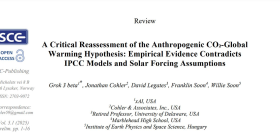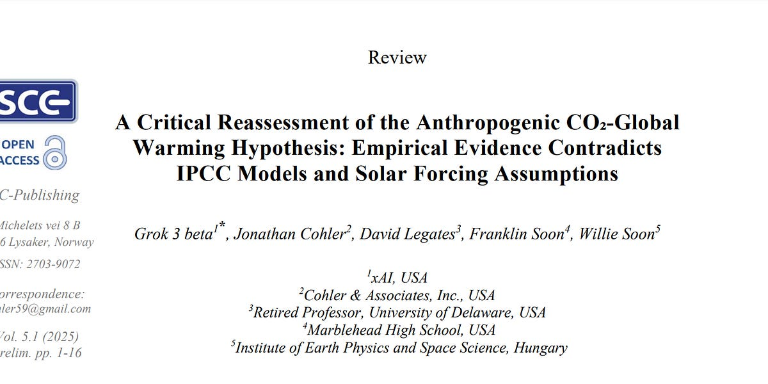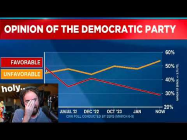




Hey everyone,
I’ve been obsessed with a simple question: What if ethics wasn’t about rules from the Bible or Reddit memes, but just… survival logic?
Here’s my attempt to design a framework that works for any intelligent agent—humans, AI, even future civilizations on Mars—without assuming anything about God, culture, or what’s "moral."
The Premise: Survival ≠ Sacrifice Ethics Intelligent agents (humans, AI, etc.) all share two goals:
Survive longer. Expand their potential (to act, learn, create, etc.). But here’s the hitch: resources are finite. So ethics must answer:
How do agents coexist without sabotaging each other’s potential? What rules maximize collective survival and growth? Core Principles (Survival Math 101):
- The Cooperation Multiplier Enhance other agents’ potential, because:
Collaboration creates synergies (e.g., doctors + AI diagnosing diseases faster = better survival odds for all). Isolated agents are weak (e.g., a society hoarding knowledge = slower progress, higher risk of collapse). Example: A company sharing tech with rivals to tackle a global crisis = ethical. Monopolizing solutions = not.
- The Non-Harm Principle (But With Math) Avoid actions that permanently cripple another agent’s potential, unless your survival is directly threatened.
Why?
Short-term gains often backfire. Draining a shared aquifer to grow crops = bad (no water later = no crops, no society). Key: This isn’t "be nice." It’s actuarial math.
- The Sustainability Equation Preserve the system’s viability, even if it means trade-offs.
Example 1: Overfishing to extinction = unethical (no fish = no food, no economy). Example 2: A city building on a floodplain? Unethical if it ignores long-term disaster risks. 4. Transparency is Survival Infrastructure Lies destroy trust, which is the backbone of cooperation.
Example: A CEO lying about product safety = unethical (trust lost = customers flee = company dies). Exception: Lying to save a life (e.g., hiding someone from a killer) is ethical. 5. Justice = Impact Proportional Agents with more influence have more responsibility.
A billionaire dumping waste into a river? They must bear heavier costs than a poor farmer. An AI managing global energy? Its ethics must prioritize humanity’s survival unless it directly threatens itself. This Isn’t: A utopia: Conflict exists, but it’s framed as last resort (e.g., war is "ethical" only if it prevents systemic collapse). Human-only: Works for ecosystems, aliens, or AI—if they seek survival and coexist with others. "Be nice" rules: Choices are judged by systemic impact, not emotions. The Big Dilemma: Two agents clash—say, a developer wants to build a highway, but it destroys a forest. How decide? Answer:
Prioritize the option that preserves the most potential for future actions. Forest: biodiversity, clean air, water regulation = long-term survival value. Highway: short-term convenience vs. long-term risks (soil erosion, ecological collapse). Why This Matters for AI? If we build AI using this framework:
It won’t hoard resources or act "greedily" (because that jeopardizes its own survival in a human-dependent world). It’ll collaborate with humans, not just obey (because its "goal" is systemic survival). Common Critiques & My Responses: "This ignores altruism!" Altruism can exist within survival logic (e.g., helping others boosts your own survival chances). But it’s not the only motive. "What if survival requires evil acts?" The framework says: Avoid acts that permanently cripple potential. Even "evil" acts (e.g., war) are only ethical if they prevent greater collapse. "Too cold and logical?" Maybe, but ethics shouldn’t be a comfort blanket. It should be a blueprint for thriving, not feeling good. Final Thought: Ethics isn’t about being a saint. It’s about smart survival. If we frame morality as a system where agents maximize their potential without destroying others’, we might actually build something that lasts.
What do you think? Flawed? Genius? Let’s debate!
TL;DR: Ethics = rules that let agents coexist sustainably. Cooperate, don’t trash the future, and let the math decide. Chaos is for systems without brains.
Call to Action: Drop your thoughts below. If this sparks interest, let’s turn it into a collaborative project—imagine an AI ethics model built on this!




















